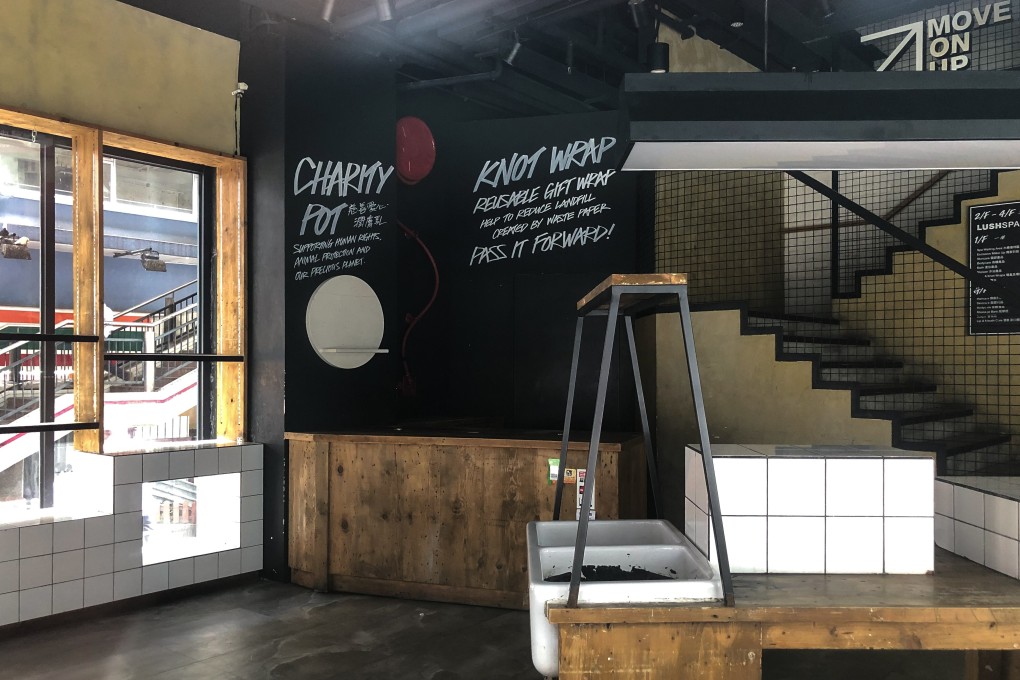Exclusive | Lush, known for its handmade soaps and shampoos, shuts five-storey shop in further blow to Hong Kong retail property sector
- British company posted an operating loss of US$4.99 million for 2018-2019, and founder Mark Constantine has warned of a further decline because of the pandemic
- Companies do not need more than three stores to serve ‘just locals’, analyst says

The company, which is famous for its fresh handmade soaps, masks and shampoos, also had a spa on the top three floors on Lyndhurst Terrace. Its five-year lease for the store, which covered about 7,000 sq ft, was expiring at the end of August.
Lush secured the space for HK$1.25 million (US$161,289) and its rent this year was HK$1.52 million, according to Land Registry documents. Sources close to the matter said that the landlord was looking for new takers, but had not found any so far.
“In Hong Kong, the playbook has changed,” said Helen Mak, senior director and head of retail services at consultancy Knight Frank. “You might need 10 stores to host 60 million tourists a year, but now the fact is that you only have seven million locals to serve, and no more than three stores will do. Every retail brand, with no exception, will shut its stores.”